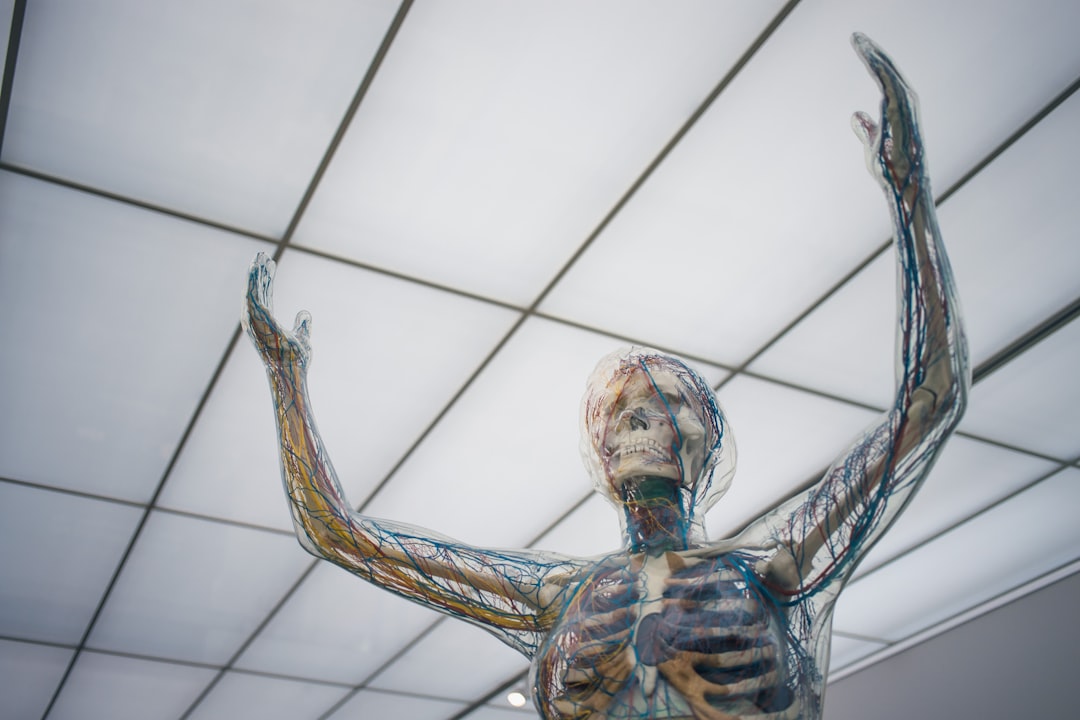What is it about?
To evaluate the A to C nucleotide change located 202 bp upstream to the transcription start site, (-202 A/C polymorphism), in the insulin-like growth factor (IGF) binding protein-3 (IGFBP-3) gene, and its association with renal carinogenesis and with clinicopathological characteristics.
Featured Image

Photo by Ani Kolleshi on Unsplash
Why is it important?
Renal cell carcinoma (RCC) is the third leading cause of death among urological tumours. Insulin-like growth factors (IGFs) regulate cellular proliferation and differentiation. IGFB proteins (IGFBPs) regulate the action of IGFs. Polymorphism of the IGFBP-3 gene affects mean circulating IGFBP-3 concentrations. In this study, the AA genotype was significantly higher in patients with RCC than in controls. In addition, IGFBP-3 serum level was significantly higher in carriers of the A allele compared with non-carriers.
Perspectives
There are substantial studies linking IGF-I and IGFBP-3 to the evaluation of risk and prevention of cancer. However, the results from most of the published studies are not consistent. In a most recent pooled individual data analysis of 17 prospective studies, the role of IGF-I and IGFBP-3 in developing breast cancer was investigated. Circulating IGFI was positively associated with breast-cancer risk, but, the association was not substantially modified by IGFBP-3. Increased expression of IGFBP-3 has been reported in breast, prostate and pancreatic cancer cells
Dr Mohammad Reza Safarinejad
University of Medical Sceices
Read the Original
This page is a summary of: Insulin-like growth factor binding protein-3 (IGFBP-3) gene variants are associated with renal cell carcinoma, BJU International, February 2011, Wiley,
DOI: 10.1111/j.1464-410x.2010.10017.x.
You can read the full text:
Resources
Contributors
The following have contributed to this page










